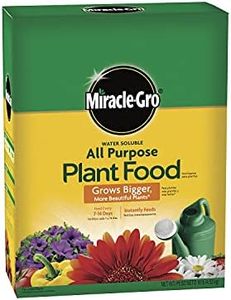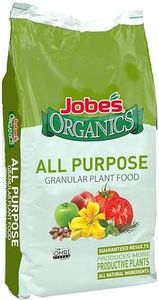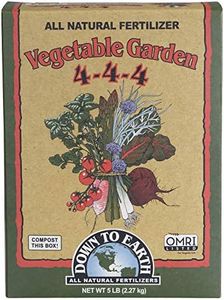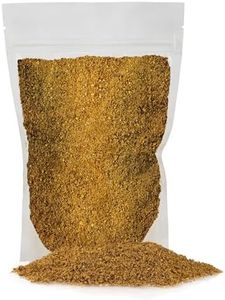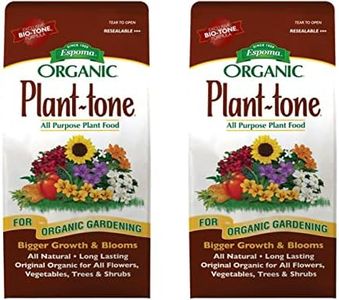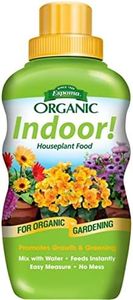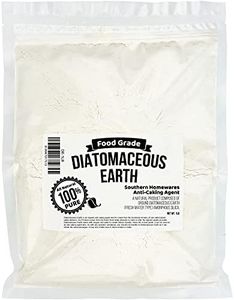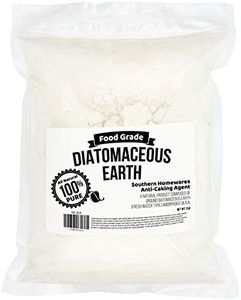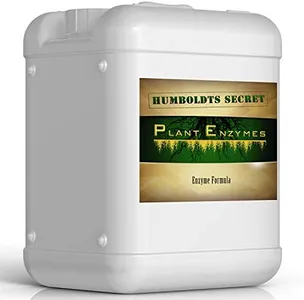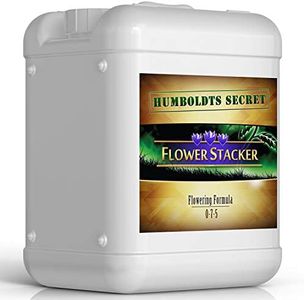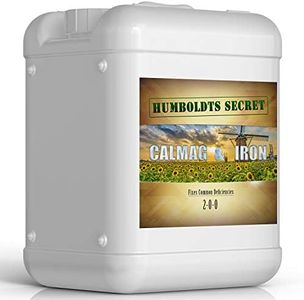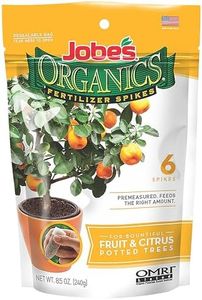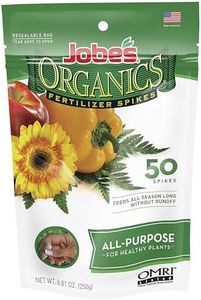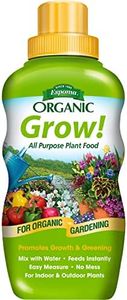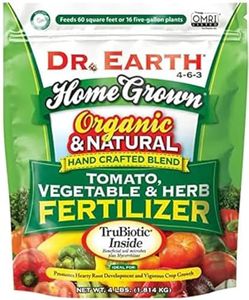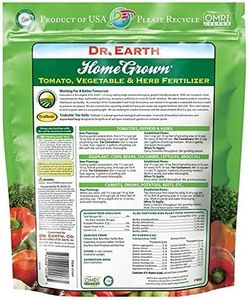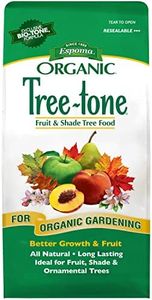10 Best Organic Fertilizers 2025 in the United States
Winner
Miracle-Gro Water Soluble All Purpose Plant Food, Plant Fertilizer for Indoor or Outdoor Plants, Roses, Flowers, Houseplants, Vegetables and Trees, 10 lb.
Miracle-Gro Water Soluble All Purpose Plant Food is a versatile, user-friendly fertilizer suitable for various plants, including indoor and outdoor plants, roses, flowers, houseplants, vegetables, and trees. With a significant 10 lb. container, it is designed to cover approximately 4,000 sq. ft. of garden area. This product claims to grow bigger, more beautiful plants compared to those unfed, thanks to its nutrient-rich formula that starts working instantly.
Jobe’s Organics Granular All Purpose Fertilizer, Easy Plant Care Fertilizer for Vegetables, Flowers, Shrubs, Trees, and Plants, 16 lbs Bag
Jobe’s Organics Granular All Purpose Fertilizer is a versatile option suitable for a wide range of plants, including vegetables, flowers, shrubs, and trees. Its balanced nutrient content with a 4-4-4 NPK ratio ensures that it provides essential nutrients uniformly, which is great for plant health and yields. This fertilizer stands out because it contains no synthetic chemicals and is OMRI listed, meaning it is certified for organic gardening by the USDA, making it an environmentally friendly option.
Most important from
7306 reviews
Down to Earth Organic Vegetable Garden Fertilizer 4-4-4, 5lb
The Down to Earth Organic Vegetable Garden Fertilizer 4-4-4 is a well-rounded option for anyone looking to support their vegetable garden with natural, eco-friendly nutrients. Its balanced 4-4-4 NPK ratio makes it versatile, providing equal parts nitrogen, phosphorus, and potassium to promote strong roots, healthy foliage, and productive fruit development. The fertilizer is made from all-natural ingredients, ensuring that it is free from synthetic chemicals and is safe for beneficial insects, pollinators, pets, and the surrounding environment.
Most important from
3365 reviews
Top 10 Best Organic Fertilizers 2025 in the United States
Winner
9.7 score
Miracle-Gro Water Soluble All Purpose Plant Food, Plant Fertilizer for Indoor or Outdoor Plants, Roses, Flowers, Houseplants, Vegetables and Trees, 10 lb.
Miracle-Gro Water Soluble All Purpose Plant Food, Plant Fertilizer for Indoor or Outdoor Plants, Roses, Flowers, Houseplants, Vegetables and Trees, 10 lb.
Chosen by 1370 this week
Jobe’s Organics Granular All Purpose Fertilizer, Easy Plant Care Fertilizer for Vegetables, Flowers, Shrubs, Trees, and Plants, 16 lbs Bag
Jobe’s Organics Granular All Purpose Fertilizer, Easy Plant Care Fertilizer for Vegetables, Flowers, Shrubs, Trees, and Plants, 16 lbs Bag
Down to Earth Organic Vegetable Garden Fertilizer 4-4-4, 5lb
Down to Earth Organic Vegetable Garden Fertilizer 4-4-4, 5lb
Espoma Organic Plant-Tone 5-3-3 Natural & Organic All Purpose Plant Food; 4 lb. Bag; The Original Organic Fertilizer for All Flowers, Vegetables, Trees, and Shrubs. - Pack of 2
Espoma Organic Plant-Tone 5-3-3 Natural & Organic All Purpose Plant Food; 4 lb. Bag; The Original Organic Fertilizer for All Flowers, Vegetables, Trees, and Shrubs. - Pack of 2
Our technology thoroughly searches through the online shopping world, reviewing hundreds of sites. We then process and analyze this information, updating in real-time to bring you the latest top-rated products. This way, you always get the best and most current options available.

